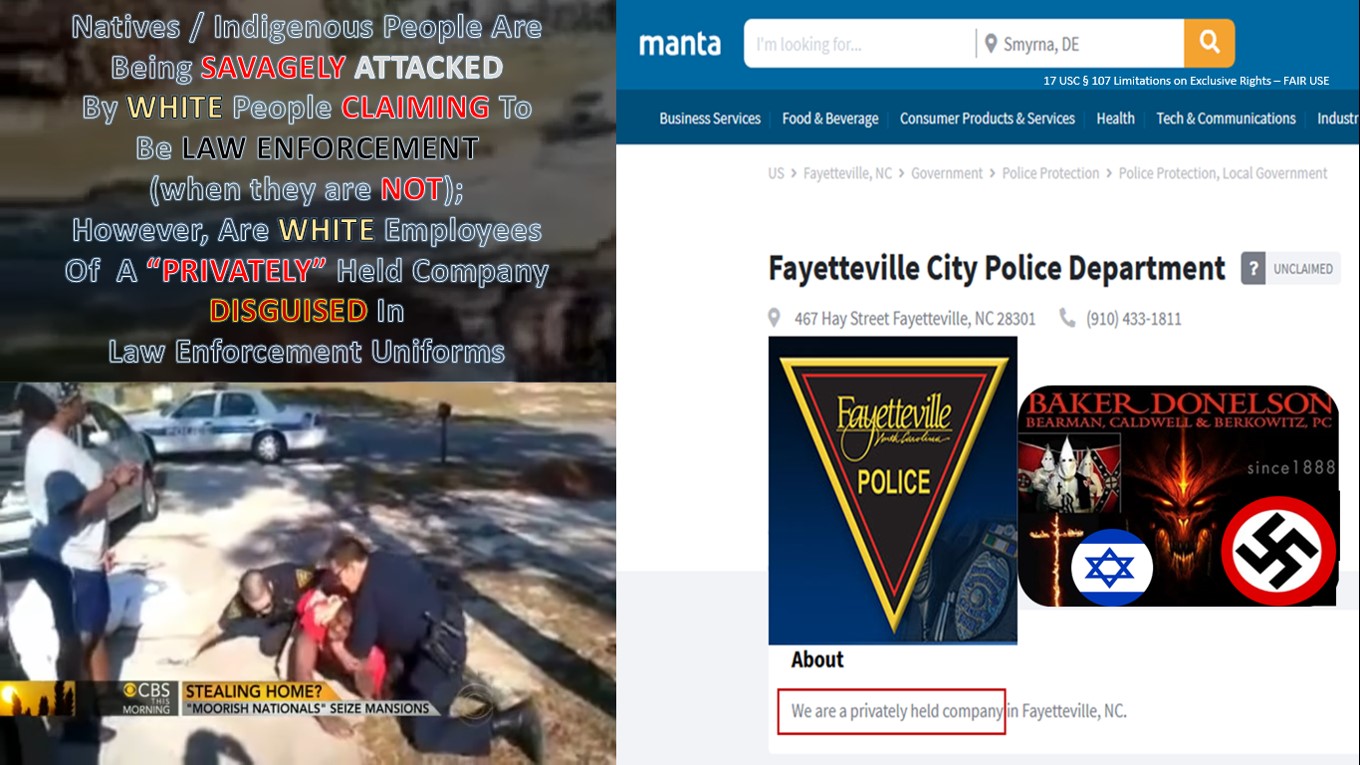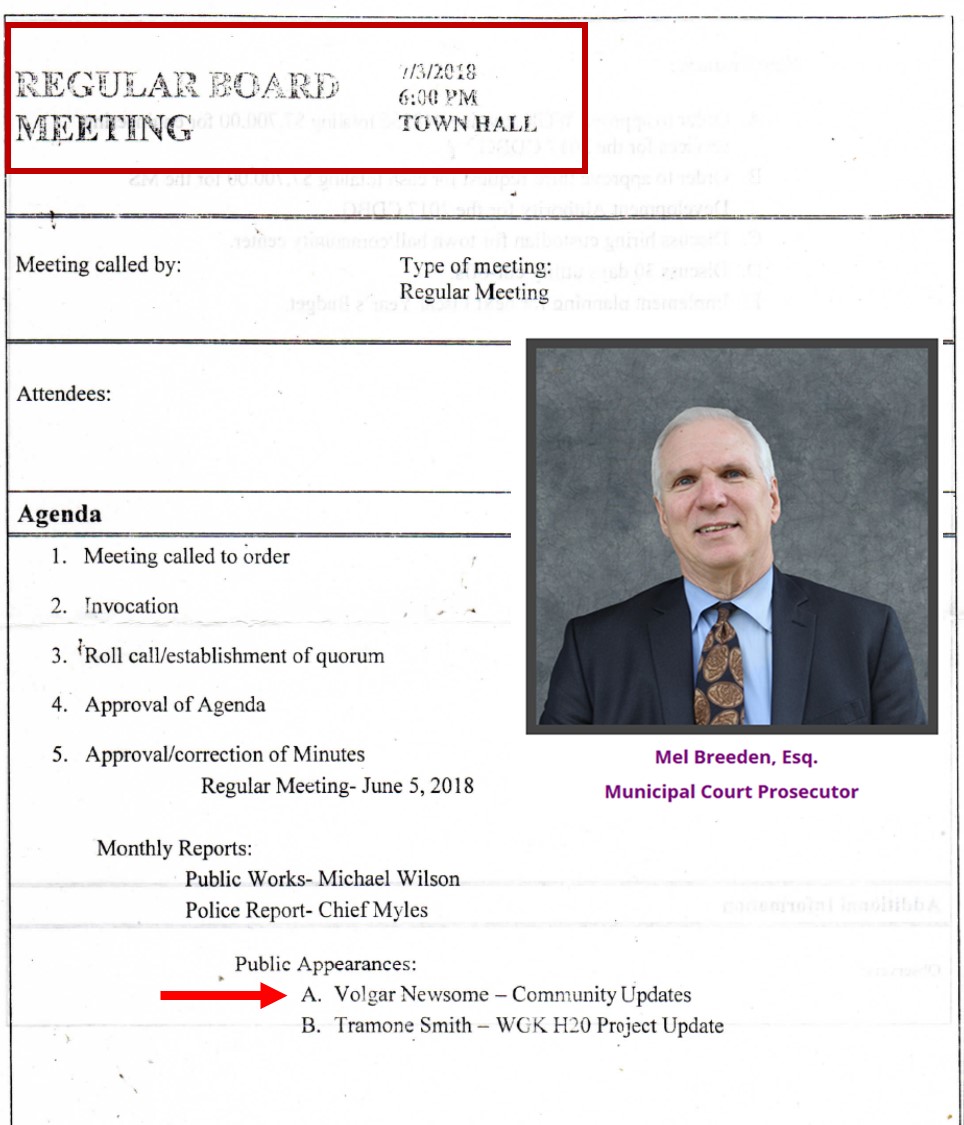 News
News
Bringing Global Awareness
And ye shall know the TRUTH, and the Truth shall make you FREE. – John 8:32
My people are destroyed for lack of knowledge: because thou hast rejected knowledge, I will also reject thee. . . – Hosea 4:6
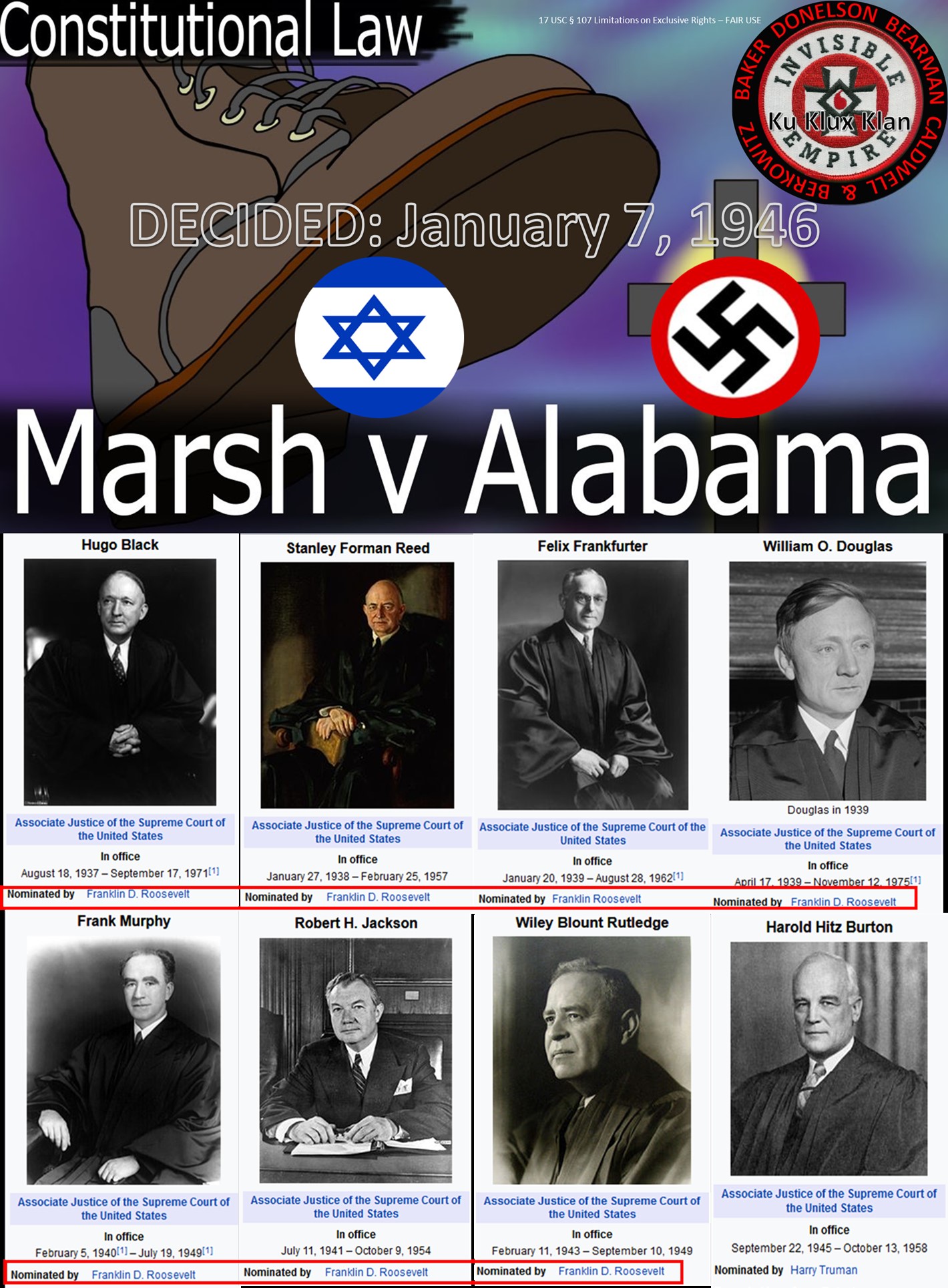
So "WHO" Owns The United States Of America - A PRIVATELY Held Company
Dallas Mavericks Owner (Billionaire Mark Cuban) Buys Mustang, Texas
Billionaire Mark Cuban Buys Mustang, Texas and STRIP Clubs...
IMPORTANT TO NOTE: ONLY this page can be translated. Pages provided at the links may be in English (and/or may not load); however, our translation tool bar is NOT available on the pages provided at the links!
MUSTANG, Texas -- Talk about a Texas-sized investment!
Shark Tank entrepreneur and owner of the Dallas Mavericks, Mark Cuban, just purchased an entire town in Texas.
According to the Dallas Morning News, the billionaire purchased the town of Mustang last month for about $2 million.
The 77-acre town is located about 55 miles south of Dallas and according to DMN, the town's census records report it has a population of 23.
Cuban said he purchased the town because a friend needed to sell it, but told the news outlet he isn't sure what he's going to do with it. - - As of 01/21/2022: https://abc13.com/mark-cuban-investment-purchase-texas-town-of-mustang-dallas-mavericks-owner/11298409/
YES, The United States Of America Is A
"PRIVATELY" Held Company
CONTROLLED and RUN By
NAZIS and JEWS / ZIONISTS
EXECUTIVES: President, Vice President....

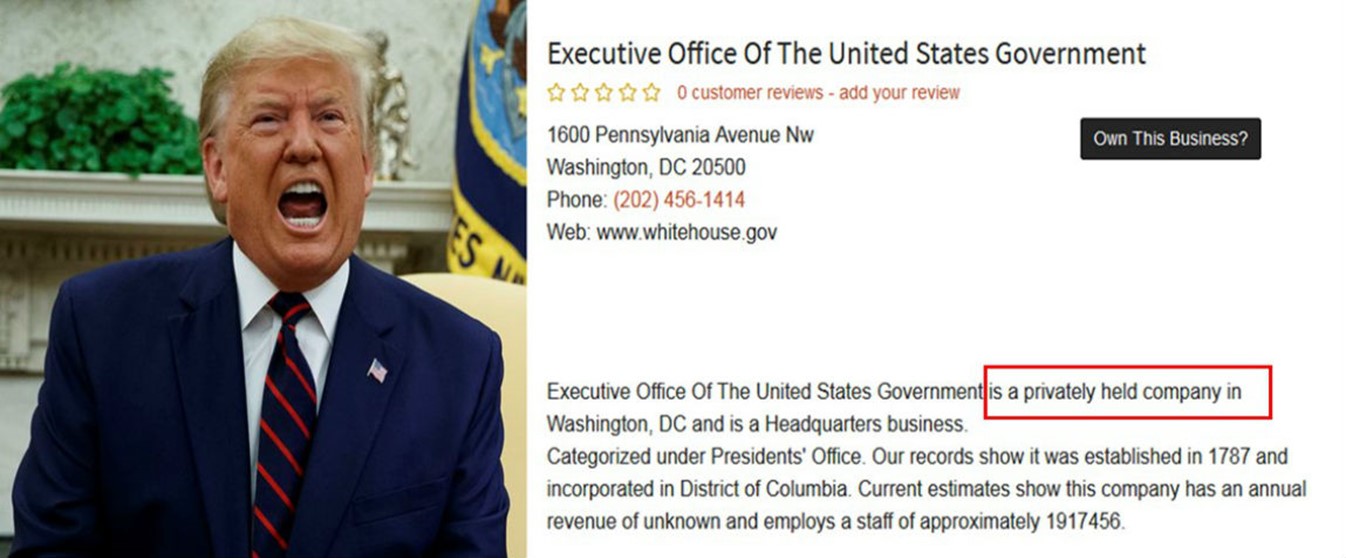
In this case we are asked to decide whether a State, consistently with the First and Fourteenth Amendments, can impose criminal punishment on a person who undertakes to distribute religious literature on the premises of a company-owned town contrary to the wishes of the town's management. The town, a suburb of Mobile, Alabama, known as Chickasaw, is owned by the Gulf Shipbuilding Corporation. Except for that it has all the characteristics of any other American town. The property consists of residential buildings, streets, a system of sewers, a sewage disposal plant and a 'business block' on which business places are situated. A deputy of the Mobile County Sheriff, paid by the company, serves as the town's policeman. Merchants and service establishments have rented the stores and business places on the business block and the United States uses one of the places as a post office from which six carriers deliver mail to the people of Chickasaw and the adjacent area. The town and the surrounding neighborhood, which can not be distinguished from the Gulf property by anyone not familiar with the property lines, are thickly settled, and according to all indications the residents use the business block as their regular shopping center. To do so, they now, as they have for many years, make use of a company-owned paved street and sidewalk located alongside the store fronts in order to enter and leave the stores and the post office. Intersecting company-owned roads at each end of the business block lead into a four-lane public highway which runs parallel to the business block at a distance of thirty feet. There is nothing to stop highway traffic from coming onto the business block and upon arrival a traveler may make free use of the facilities available there. In short the town and its shopping district are accessible to and freely used by the public in general and there is nothing to distinguish them from any other town and shopping center except the fact that the title to the property belongs to a private corporation.
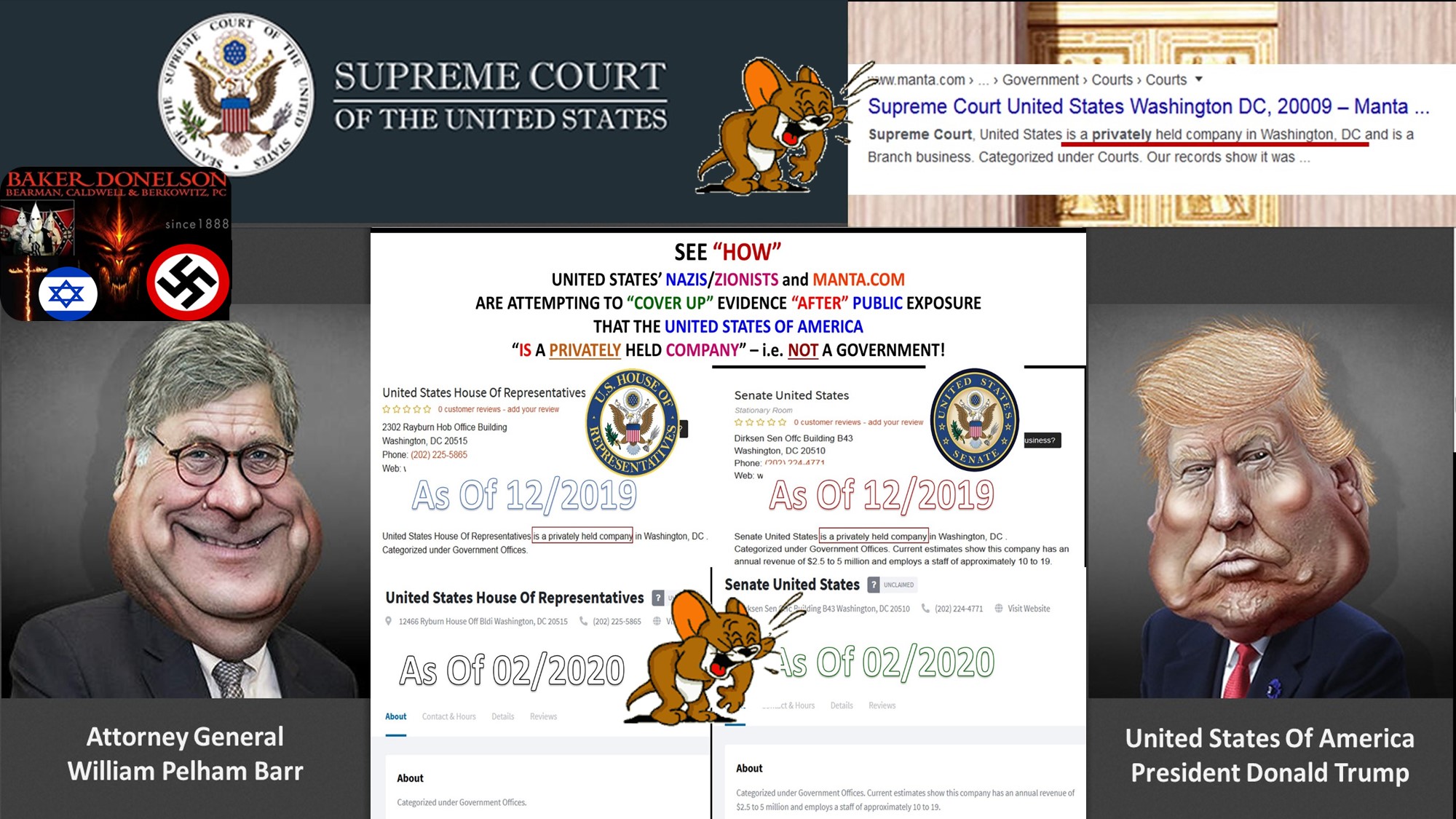
Appellant, a Jehovah's Witness, came onto the sidewalk we have just described, stood near the post-office and undertook to distribute religious literature. In the stores the corporation had posted a notice which read as follows: 'This Is Private Property, and Without Written Permission, No Street, or House Vendor, Agent or Solicitation of Any Kind Will Be Permitted.' Appellant was warned that she could not distribute the literature without a permit and told that no permit would be issued to her. She protested that the company rule could not be constitutionally applied so as to prohibit her from distributing religious writings. When she was asked to leave the sidewalk and Chickasaw she declined. The deputy sheriff arrested her and she was charged in the state court with violating Title 14, Section 426 of the 1940 Alabama Code which makes it a crime to enter or remain on the premises of another after having been warned not to do so. Appellant contended that to construe the state statute as applicable to her activities would abridge her right to freedom of press and religion contrary to the First and Fourteenth Amendments to the Constitution. This contention was rejected and she was convicted. The Alabama Court of Appeals affirmed the conviction, holding that the statute as applied was constitutional because the title to the sidewalk was in the corporation and because the public use of the sidewalk had not been such as to give rise to a presumption under Alabama law of its irrevocable dedication to the public. 21 So.2d 558. The State Supreme Court denied certiorari, 2 6 Ala. 539, 21 So.2d 564, and the case is here on appeal under Section 237(a) of the Judicial Code, 28 U.S.C. § 344(a), 28 U.S.C.A. § 344(a).
We do not agree that the corporation's property interests settle the question. [2] The State urges in effect that the corporation's right to control the inhabitants of Chickasaw is coextensive with the right of a homeowner to regulate the conduct of his guests. We can not accept that contention. Ownership does not always mean absolute dominion. The more an owner, for his advantage, opens up his property for use by the public in general, the more do his rights become circumscribed by the statutory and constitutional rights of those who use it. Cf. Republic Aviation Corp. v. N.L.R.B., 324 U.S. 793, 65 S.Ct. 982, 985, 987, note 8, 157 A.L.R. 1081. Thus, the owners of privately held bridges, ferries, turnpikes and railroads may not operate them as freely as a farmer does his farm. Since these facilities are built and operated primarily to benefit the public and since their operation is essentially a public function, it is subject to state regulation. [3] And, though the issue is not directly analogous to the on before us we do want to point out by way of illustration that such regulation may not result in an operation of these facilities, even by privately owned companies, which unconstitutionally interferes with and discriminates against interstate commerce. Port Richmond & Bergen Point Ferry Co. v. Board of Chosen Freeholders of Hudson County, supra, 234 U.S. at page 326, 34 S.Ct. at page 823, 58 L.Ed. 1330, and cases cited, 234 U.S. at pages 328, 329, 34 S.Ct. at pages 824, 825; cf. South Carolina State Highway Department v. Barnwell Brothers, 303 U.S. 177, 625, 58 S.Ct. 510, 82 L.Ed. 734. Had the corporation here owned the segment of the four-lane highway which runs parallel to the 'business block' and operated the same under a State franchise, doubtless no one would have seriously contended that the corporation's property interest in the highway gave it power to obstruct through traffic or to discriminate against interstate commerce. See County Commissioners v. Chandler, 96 U.S. 205, 208, 24 L.Ed. 625; Donovan v. Pennsylvania Co., supra, 199 U.S. at page 294, 26 S.Ct. at page 94, 50 L.Ed. 192; Covington Drawbridge Co. v. Shepherd, 21 How. 112, 125, 16 L.Ed. 38. And even had there been no express franchise but mere acquiescence by the State in the corporation's use of its property as a segment of the four-lane highway, operation of all the highway, including the segment owned by the corporation, would still have been performance of a public function and discrimination would certainly have been illegal. [4]
WHAT Did This "PRIVATELY" Held Company Employees KNOW and WHEN?
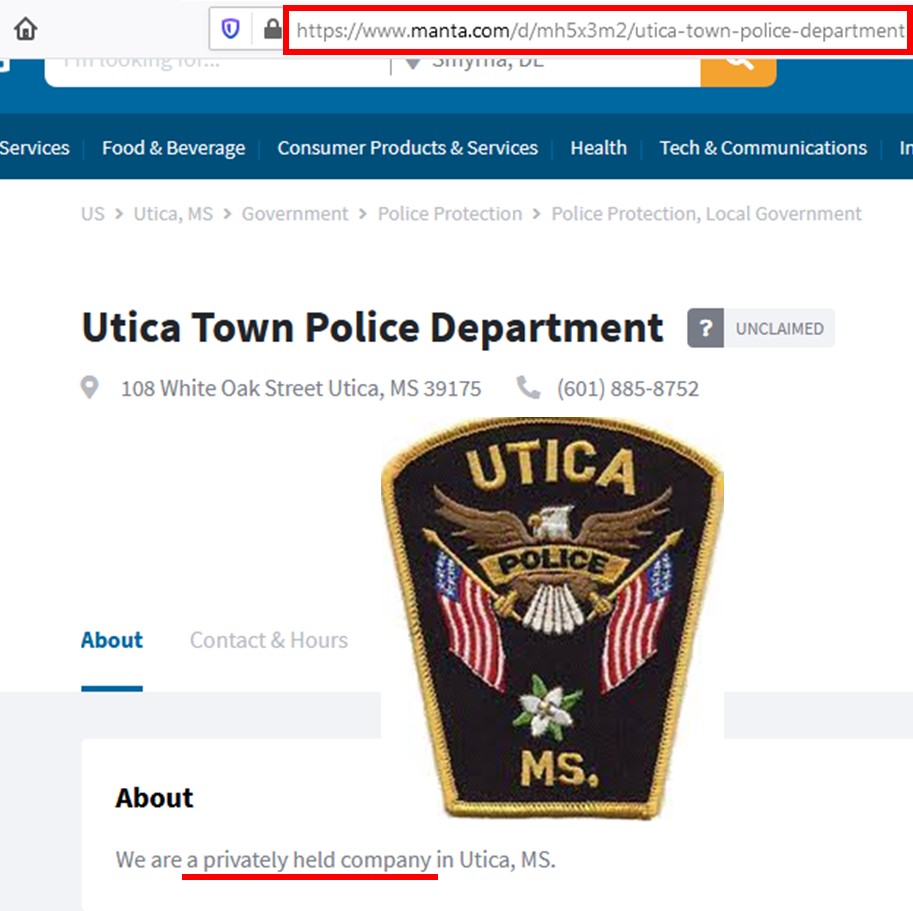
 News
News
Bringing Global Awareness News seeks to enlighten the Global accomplishments of “UNIFIED” Native Nations and their People that the Public / World may not see in the European – controlled / White Man’s Mainstream Media! Furthermore, provides information regarding the MAJOR roles of Native Nations to TAKE BACK their Lands / Territories from the unlawful European Occupations . . . around the World!
Contact Information:
Mailing Address:
Bringing Global Awareness News
c/o Prime Minister Vogel Denise Newsome
Post Office Box 31265
Jackson, Mississippi 39286
Phone: (888) 700-5056 (Extension 8000)
Email: bganews@bringingglobalawareness.website
